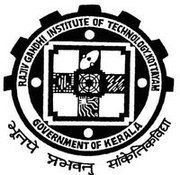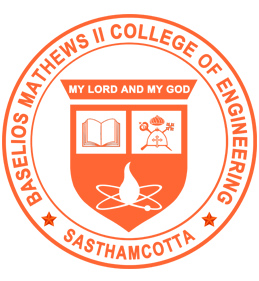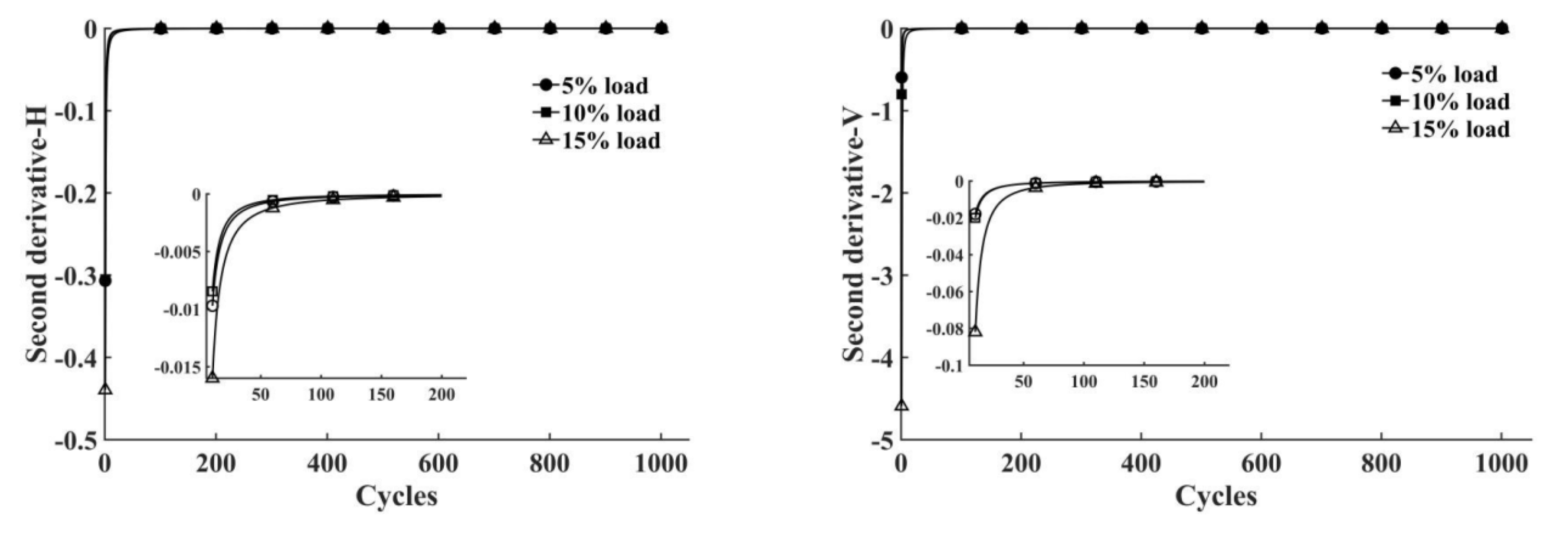International Journals
Arbin Raj and J. M. Krishnan, "Influence of Gauge Length on the Measurement of Resilient Modulus of Bituminous Mixtures", Journal of SN Applied Sciences 1, 118, 2019
Mr. Arbin Raj, PhD research scholar at Department of Civil Engineering, Indian Institute of Technology Madras (IITM), India. Currently enrolled as a research fellow under Prime Minister’s Research Fellowship (PMRF). The current research focuses on the Characterization of bituminous mixtures using biaxial experimental data. His area of interest include Pavement Materials Characterization, Advanced testing methods for bituminous mixtures, and Pavement Design, Construction and Evaluation.



 Experience
Experience


International Journals
National Journals
International Conferences
National Conferences
Book Chapters
Arbin Raj and J. M. Krishnan, "Influence of Gauge Length on the Measurement of Resilient Modulus of Bituminous Mixtures", Journal of SN Applied Sciences 1, 118, 2019
Arbin Raj, B. S. Abhijith, and J. M. Krishnan, "Energy dissipation approach to quantify the fatigue damage of glass fibre grid inlaid asphalt mixture", International conference on Advances in Materials and Pavement Performance Prediction”, Advances in Material and Pavement Performance Prediction Conference, Online, 3-7 August 2020.
Arbin Raj and J. M. Krishnan, "How measurable is the resilient modulus of bituminous mixtures?” International Conference on Pavements and Computational Approaches, CSIR Delhi, 16-17 November 2018.

| Frequency | 10, 5 and 1 Hz |
| Guage Length | Half & Quarter |
| Test Temperature | 20 degree celcius |
| Load Levels | 5, 7.5, and 10% |


IIT Madras, Chennai
RIT Kottayam, Kerala